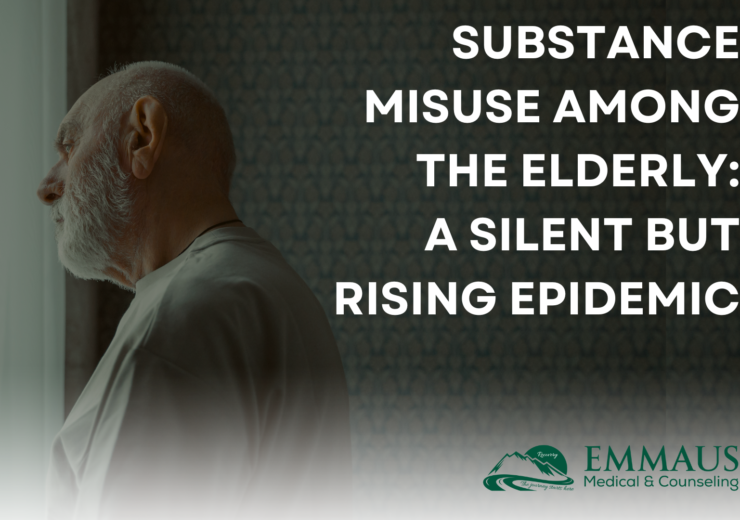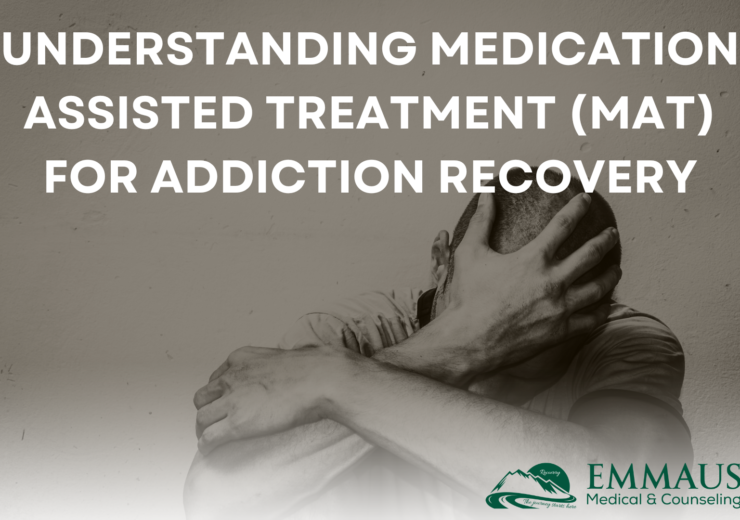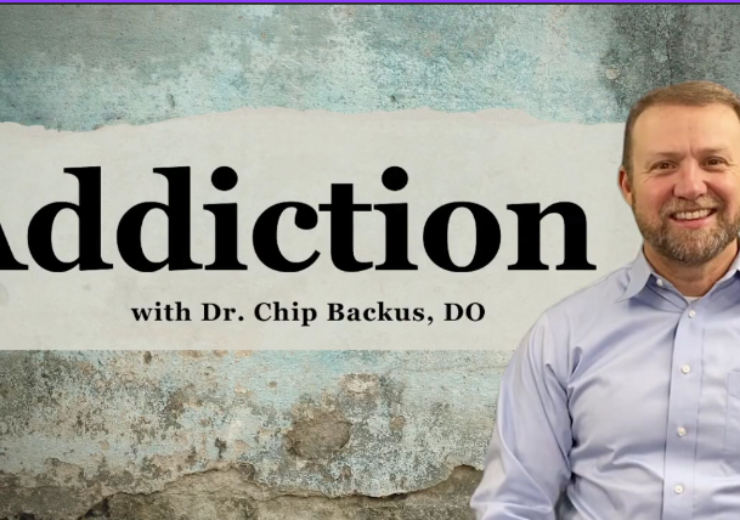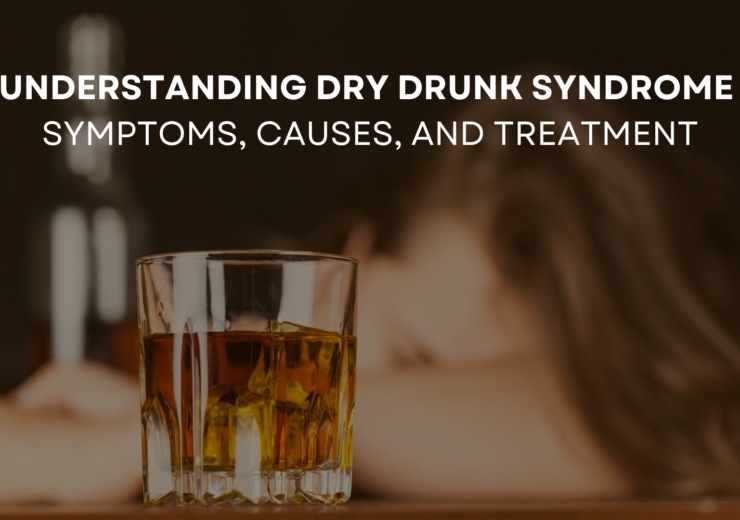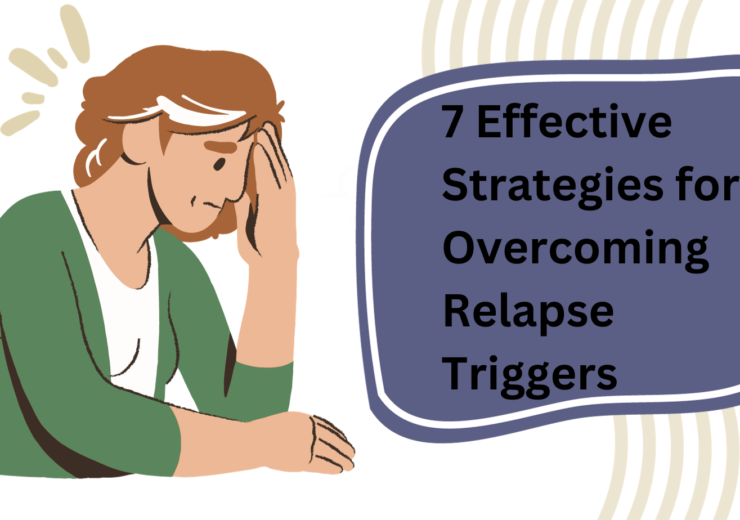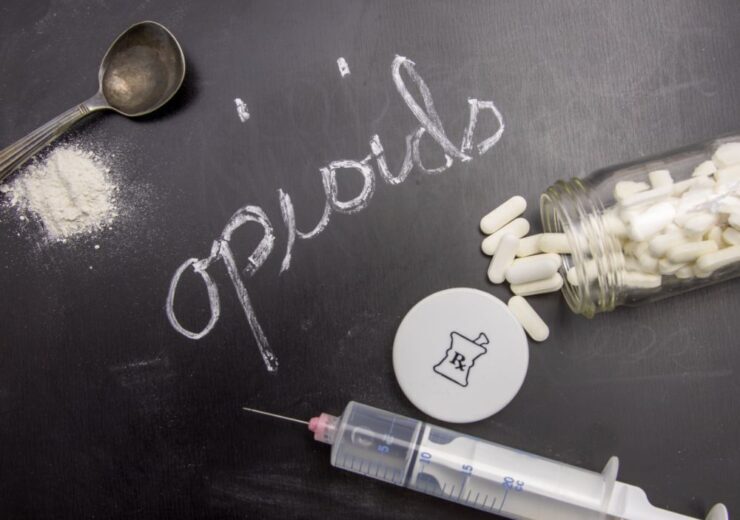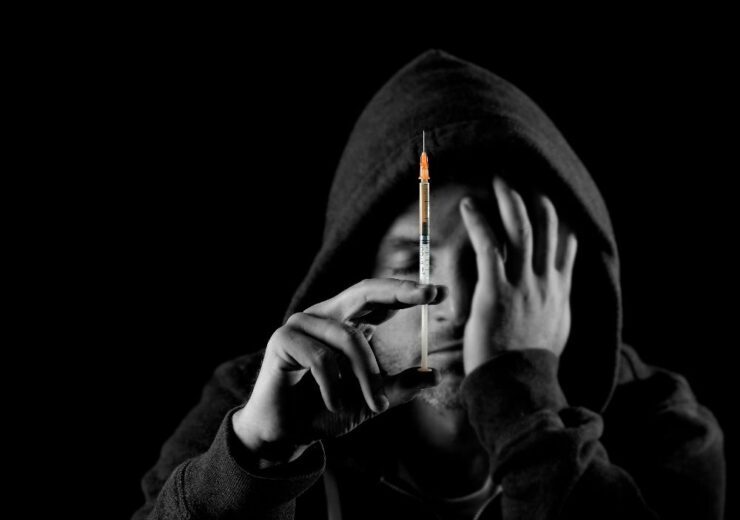Substance Misuse Among the Elderly: A Silent but Rising Epidemic
The misconception that substance misuse is a young person’s problem couldn’t be further from the truth. Substance misuse among the elderly is a silent epidemic, permeating through the golden years of life and often going unnoticed. The implications reach far beyond the individual, affecting families, caregivers, and the healthcare system at large.
Recognizing the Unique Challenges Faced by Seniors
The aging process comes with unique physiological and cognitive changes that can exacerbate the risks associated with substance abuse. From diminished organ functions, especially in the liver and kidneys crucial for metabolizing medications and alcohol, to a decline in cognitive capacities that impairs judgment and increases the likelihood of self-medicating, old age presents a minefield of challenges.
Unseen Perils of Polypharmacy
The term “polypharmacy” usually denotes the concurrent use of multiple medications, but in the context of seniors and substance misuse, it highlights the dangers of combining prescription drugs with alcohol or other addictive substances. The elderly, accounting for a significant portion of the population on long-term medications, are particularly susceptible to the adverse effects and additive risks of these interactions.
Cognitive Decline and Self-Medication
Cognitive disorders such as dementia and Alzheimer’s disease present a significant barrier to self-awareness and self-control. Older adults may turn to alcohol or drugs in an attempt to alleviate the anxiety and confusion that come with these conditions, unknowingly escalating a dangerous cycle of addiction and self-harm.
Identifying the Signs of Substance Misuse in Senior Populations
Substance abuse can manifest in elders differently. Symptoms may be mistaken for signs of aging, or individuals may hide their habits out of fear or shame. It falls upon caregivers and family members to be vigilant and recognize the red flags.
The Elusiveness of Detection
Awareness is the first line of defense. Changes in behavior, physical health, and medication compliance can be indicative of an underlying substance abuse problem. However, identifying these changes and correctly attributing them to substance misuse is a complex task that requires a high degree of suspicion and sensitivity.
The Importance of a Supportive Network
The role of social support in the lives of elders is crucial. Isolation and loss often accompany old age, and a strong support network can help prevent and intervene in cases of substance misuse. Family members and caregivers, equipped with knowledge and empathy, provide the safety net necessary to address these issues with compassion and effectiveness.
Navigating the Treatment Landscape for Our Elderly
The treatment landscape for seniors battling substance misuse is not well-defined. Integrated, specialized care is often the exception rather than the norm, and elderly patients may find themselves struggling to find resources tailored to their needs.
Addressing the Gap in Elderly-Specific Programs
The age factor can be isolated within the addiction treatment community, where the majority of programs focus on younger demographics. Accessing programs that cater to the unique requirements of older adults is a challenge; however, initiatives that seek to bridge this gap are emerging, acknowledging the distinct social and medical needs of senior populations.
Leveraging Technology to Provide Access to Care
The digital transformation has permeated healthcare, offering a lifeline to seniors who may be unable to access traditional in-person treatment programs. Telemedicine and virtual support groups are proving to be effective tools in providing much-needed care to the elderly, particularly in rural or underserved areas.
Celebrating Emmaus Medical and Recovery’s Contribution to Holistic Care
Amid this landscape of challenges, Emmaus Medical and Recovery Center stands as a testament to the possibility of hope and healing, even in the twilight years. Their approach to addiction treatment is distinguished by its commitment to the comprehensive care of elderly patients.
An Institution at the Vanguard of Elderly Care
Emmaus Medical and Recovery has carved a niche for itself as an advocate for the elderly in the realm of addiction treatment. Their holistic approach, rooted in evidence-based practices, goes beyond mere sobriety, aiming to enhance the quality of life for seniors through personalized care plans that address the unique facets of addiction in the aged.
Realizing Success Through Personalized Care
Success stories at Emmaus Medical are a testament to the power of personalized care. Tailored treatment modalities that encompass physical, mental, and emotional well-being illustrate the path to recovery for the elderly. By fostering a supportive and understanding environment, Emmaus Medical empowers its patients to reclaim their lives from the clutches of addiction.
The Urgency for a Collective Response
The rise in substance misuse among the elderly necessitates a collective response from all stakeholders. Family members, caregivers, healthcare providers, and policymakers must unite to address this growing problem with urgency and resolve.
Breaking Stigma with Knowledge
The stigma surrounding addiction in the elderly population is a significant barrier to seeking help. Education and awareness can disarm this stigma, enabling individuals to speak out and confront their challenges openly. Knowledge is the antidote to fear and judgment.
Shaping Policy to Better Serve Our Seniors
Policymakers play a pivotal role in shaping the landscape of addiction treatment. Advocacy for comprehensive Medicare coverage of addiction services and the formulation of guidelines specifically tailored to the needs of elderly addicts are critical steps in providing equitable access to care.
A Look to the Future
The effort to mitigate substance misuse among the elderly is an ongoing endeavor, one that requires foresight and adaptability. By championing awareness, eradicating stigma, and restructuring our healthcare policies, we can create a future where our seniors are safeguarded against the perils of addiction.
In Conclusion
Substance misuse is not confined by the boundaries of age. The aging population presents an intricate web of challenges that must be met with compassion and actionable solutions. Emmaus Medical and Recovery is a shining example of the impact personalized care can have on the lives of the elderly. With their model as inspiration, it is within our collective power to weave a safety net of care for our aging loved ones, ensuring that they live out their days with dignity and wellness.





